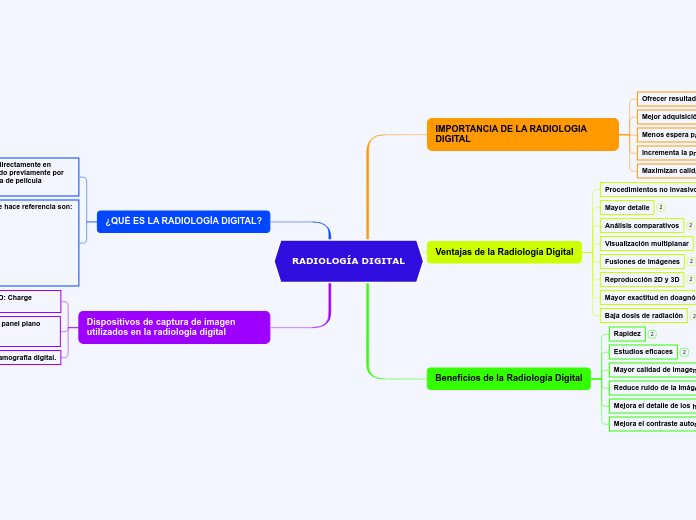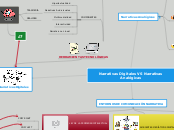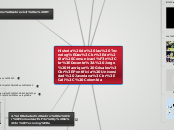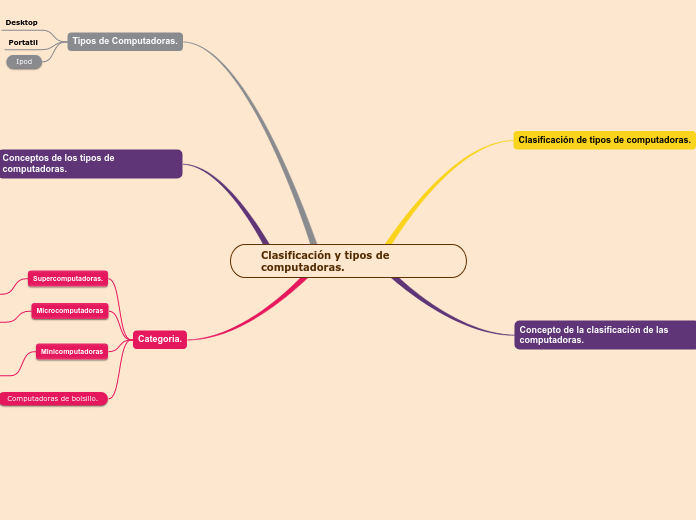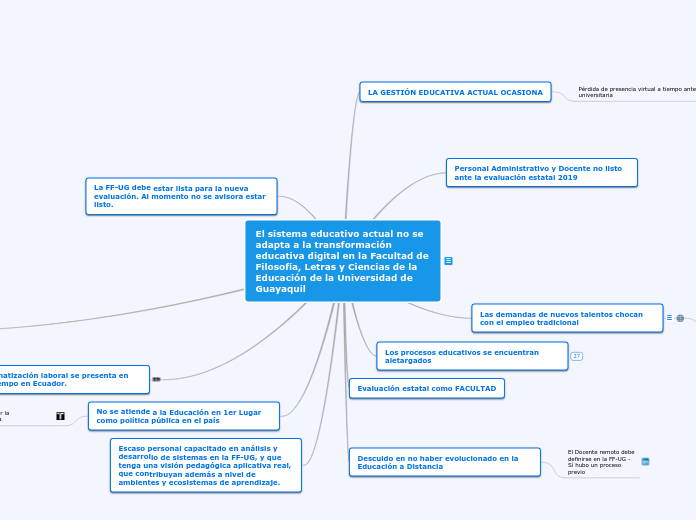RADIOLOGÍA DIGITAL
The part of speech is a category to which a word is assigned according to its syntactic functions. In English the main parts of speech are noun, pronoun, adjective, determiner, verb, adverb, preposition, conjunction, and interjection.
Dispositivos de captura de imagen utilizados en la radiología digital
A preposition is one of the most exciting parts of grammar. A preposition is used to describe the location of something in relation to something else.
Mamografía digital.
Sistemas basados en detectores de panel plano (FPD: Flat
Panel Detector).
Dispositivo de Carga Acoplada (CCD: Charge Coupled Device)
A group of words used with the force of a single preposition is called phrase preposition.
according to, by means of, owing to, with a view to, in place of, in front of, etc.
¿QUÉ ES LA RADIOLOGÍA DIGITAL?
An adverb is used to describe a verb, but it can also describe an adjective or another adverb.
Adverbs normally help paint a fuller picture by describing how something happens.
Radiología digital a los que se hace referencia son:
Radiología digital indirecta
(IR: Indirect Radiography)
Radiología computarizada
(CR: Computed Radiography)
Radiología digital directa
(DR: Direct Radiography)
Es la obtención de imágenes directamente en formato digital sin haber pasado previamente por obtener la imagen en una placa de película radiológica.
Carefully, Slowly
Beneficios de la Radiología Digital
An article is a word used to modify a noun, which is a person, place, object, or idea. Technically, an article is an adjective, which is any word that modifies a noun.
Mejora el contraste automaticamente
Mejora el detalle de los huesos
Reduce ruido de la imágen
Mayor calidad de imagen
Estudios eficaces
Indefinite articles are the words 'a' and 'an.' Each of these articles is used to refer to a noun, but the noun being referred to is not a specific person, place, object, or idea. It can be any noun from a group of nouns.
A car in the parking lot.
Rapidez
It refers directly to a specific noun or groups of nouns.
The breakfast on my plate.
Ventajas de la Radiología Digital
A pronoun is a word that can be used in place of a noun, typically after the noun itself has already been stated.
Baja dosis de radiación
Unlike demonstrative pronouns, which point out specific items, indefinite pronouns are used for non-specific things. This is the largest group of pronouns. All, some, any, several, anyone, nobody, each, both, few, either, none, one, and no one are the most common.
None, Several
Mayor exactitud en doagnósticos
Relative pronouns are used to add more information to a sentence. Which, that, who (including whom and whose), and where are all relative pronouns.
Which, Where
Reproducción 2D y 3D
Interrogative pronouns are used in questions. Although they are classified as pronouns, it is not easy to see how they replace nouns. Who, which, what, where, and how are all interrogative pronouns.
Which, Who
Fusiones de imágenes
Reciprocal pronouns are used for actions or feelings that are reciprocated. The reciprocal pronouns are each other and one another.
Each other, one another
Visualización multiplanar
A reflexive pronoun ends with ...self or ...selves and refers to another noun or pronoun in the sentence (usually the subject of the sentence). The reflexive pronouns are myself, yourself, herself, himself, itself, ourselves, yourselves, and themselves.
Itself, Himself
Análisis comparativos
Demonstrative pronouns are used to demonstrate (or indicate). This, that, these, and those are all demonstrative pronouns.
This, These
Mayor detalle
Possessive pronouns are used to show possession. The possessive pronouns are mine, yours, his, hers, ours, and theirs.
His, Your
Procedimientos no invasivos
The personal pronouns are I, you, he, she, it, we, they. More often than not (but certainly not always), they replace nouns representing people.
He, They
IMPORTANCIA DE LA RADIOLOGIA DIGITAL
An adjective is a word that's used to describe a specific noun and to provide more detail to the listener.
Maximizan calidad de imagen
Incrementa la productividad
Menos espera para el paciente
Mejor adquisición de imágenes
Superlative adjectives demonstrate a higher level of comparison between entities.
She is the prettiest princess.
Ofrecer resultados inmediatos
Expresses a comparison between two entities or groups of entities in quality or degree.
Create sentences
He is taller than she is.
